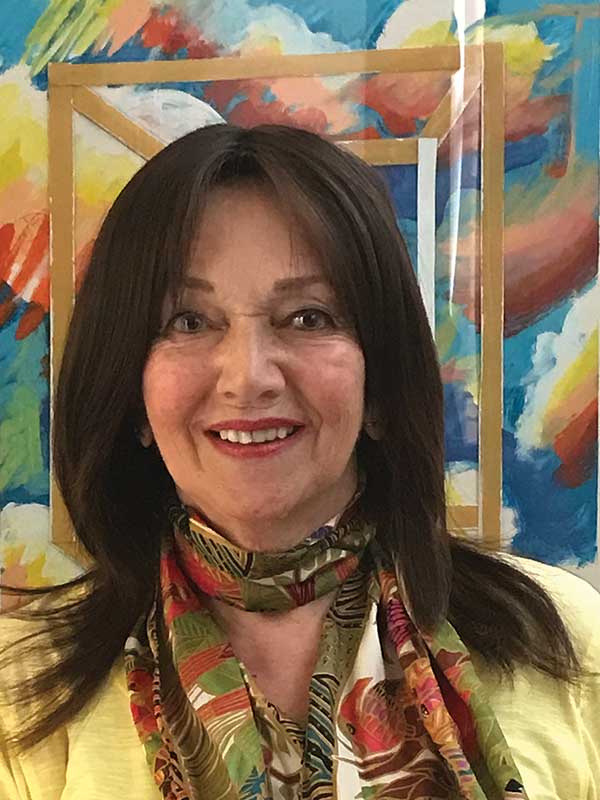By Esther Surdut
When Lindy asked me to write a piece on what Pesach means to me, my light-bulb moment definitely had a kneidel inside!
The kneidel has become the lighter side of my leitmotif of Pesach…When I started requesting recipes for my Pesach Recipe Book way back in 1989, the one recipe that kept coming was the kneidel. People often ask: ‘Why so many for one book?’ The answer is simple, they all claimed theirs to be the best and indeed they were, as each family has a memory of that special taste which became their family mintage.
My dear mother’s kneidlach have special memories for me. Her kneidlach were not for the faint-hearted. They were like cannon balls. You had to position your spoon very skilfully as they were prone to fly out of your chicken soup plate at high speed! Her kneidlach could have won any war. Of course we loved every morsel. Growing up in the country town of Paarl, Pesach was heralded by Yankele Boruchowitz delivering the bright orange and dark blue boxes of matzah, farfel, matzah meal and of course the mead. His bakkie was loaded to the brim. The Sunday before Pesach my late brother Solly and I went to the Talmud Torah Hall to collect a large packet of nuts while my mom was making imberlach, pletzlach and pomerantzen! The special Pesachdike teiglach were made by a family friend, Mrs Leah Back, and were filled with syrupy dates and raisins and hers had a delicious gingery taste.
Pesach we know is about freedom. We should all feel that we personally, “remember the day of going forth out of Egypt for all the days of our life” Deut. xvi.3
For me the most liberating is the cleaning, the freshening up of the home; the feeling of a new beginning.
My memories of our own Sedorim with family: the joy of the singing and the laughter; the different voices reading a portion impressively in Hebrew and alternating in English.
There is no Chag like Pesach, where traditions are etched into memory in song and taste. That first bite of matzah, the Hillel sandwich; the chrain and the tastiness of that simple, hard-boiled egg in salt water!
The wisdom of Pesach permeates the Chag and I love the meaningful quotes like Rabbi Joshua Ber, the Tzadik of Brisk, who said “In the Haggadah there are three things you must say: Pesach, Matzah and Bitter Herbs” It would seem that the order be reversed: first the bitter herbs, which are symbolic of slavery and then the matzah, the symbol of freedom attained after slavery. However, our sages of blessed memory deliberately changed the order, for in order to realise the dreadful bitterness of slavery, man must first taste the joys of freedom!
My favourite quote which reflects the ruach of Pesach and which encapsulates the Chag best for me is: “The Passover Seder, the meaning of the Haggadah and the celebratory meal, transcends time and links generations…” [Anonymous]











